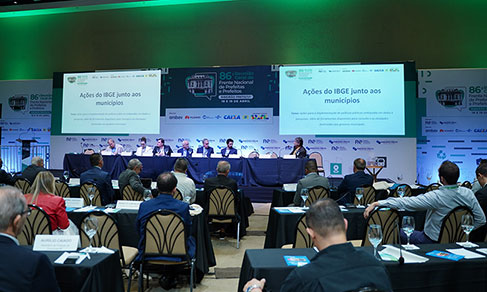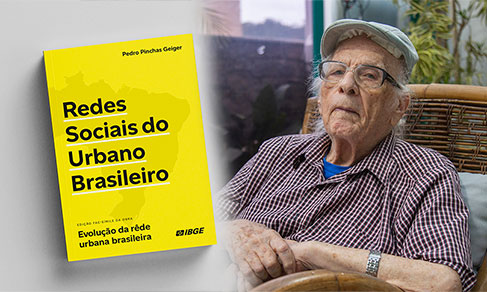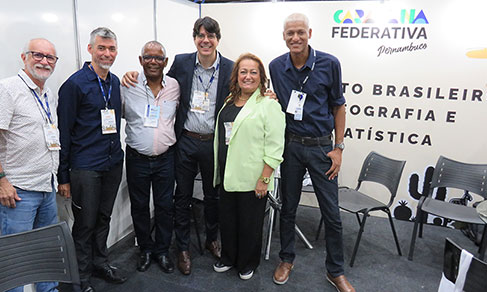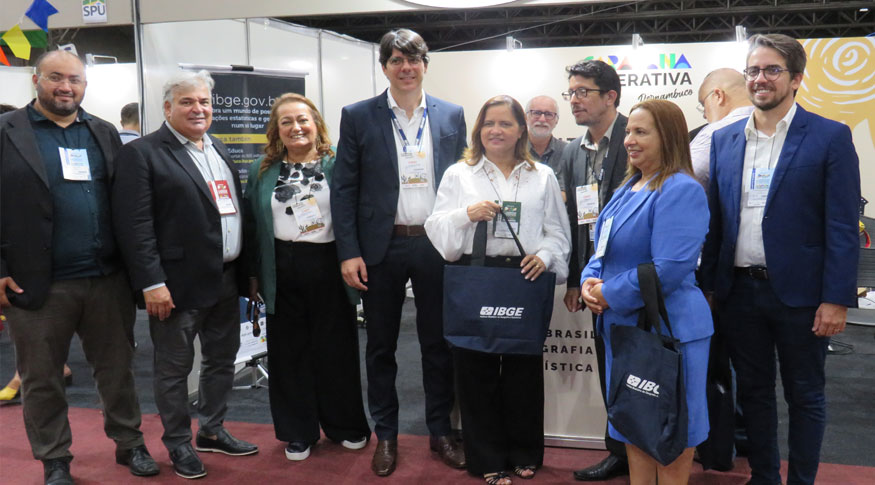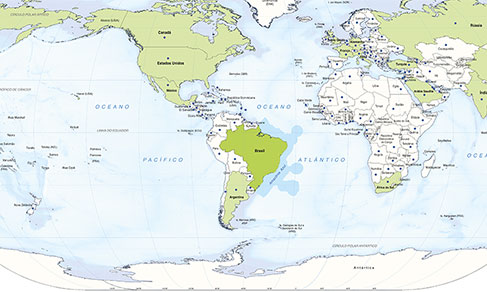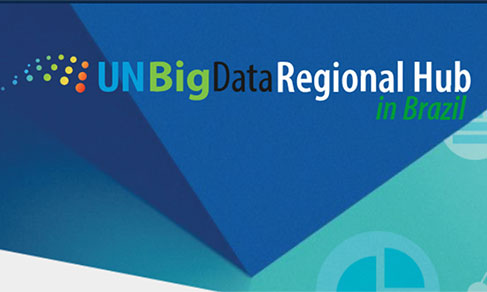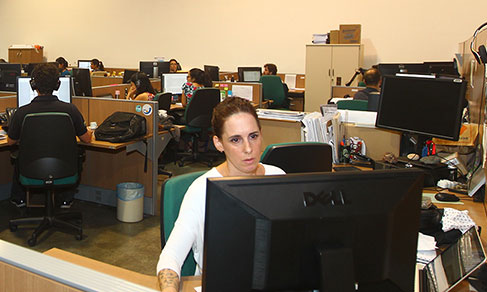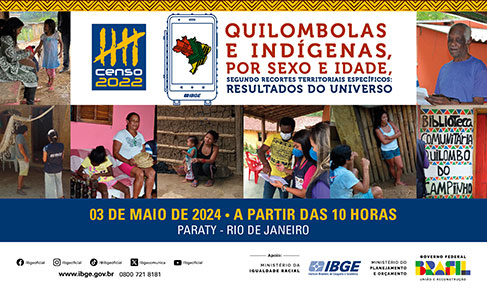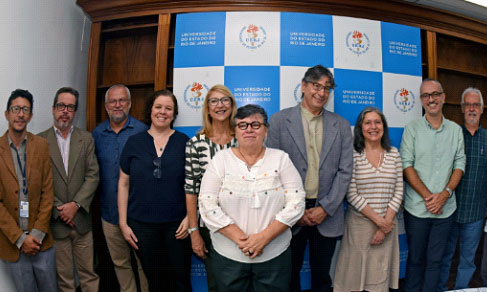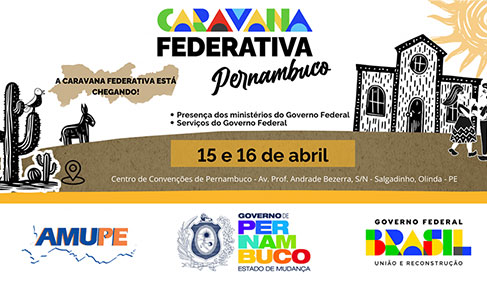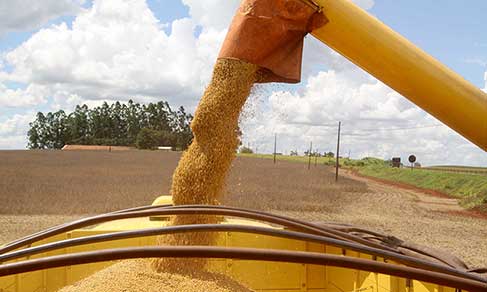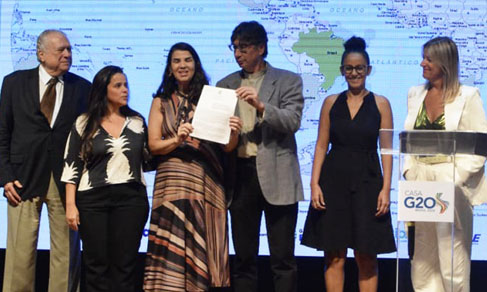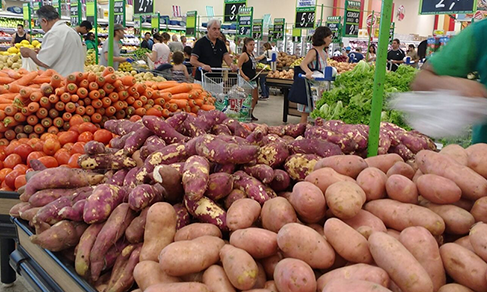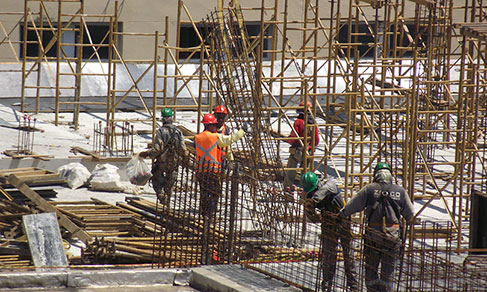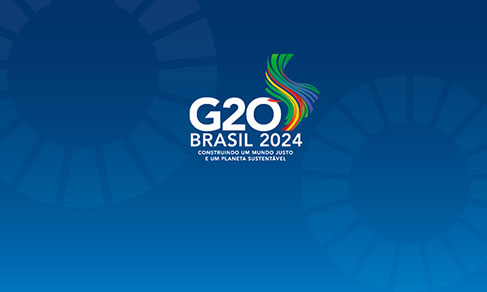Literacy tranforms youth and adult lives in Brazil
September 08, 2017 09h00 AM | Last Updated: September 22, 2017 01h53 PM
With the objective of promoting literacy all over the world, the United Nations Educational Scientific and Cultural Organization (UNESCO) created, on September 8, the International Literacy Day. Nevertheless, five decades later, estimates point to a worldwide total of 738 million persons who cannot read or write. In Brazil, they were 13 million in 2015, according to data from the National Household Sample Survey (Pnad 2015).
PNAD shows that the illiteracy rate (percentage of illiterate persons by age group in the total number of persons in the same group) fell from 11.5%, in 2004, to 8%, in 2015. Illiteracy is more concentrated in the Northeast Region, where the rate reaches 16.2%, way above the figure in the South, 4.1%. Older groups record higher illiteracy rates: 25.7% among persons aged 65 and over, versus 0.8% in the group aged 15 to 19.
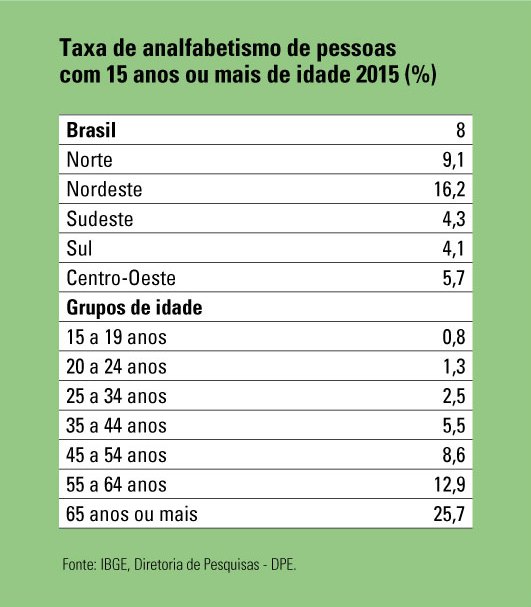
One of the solutions to change this situation is the Youth and Adult Education Program (Peja), attended by 26,230 students in the city of Rio de Janeiro alone, according to the Municipal Secretariat of Education. “Peja has a diversity of students”, says Fatima Valente, director of the Youth and Adult Education Municipal Reference Center (Creja). Due to that diversity, our classes fulfill different needs. “We do not have working students, we have workers who study. That’s why our schedule cannot be the same as in regular education”.
These programs have helped change the lives of many people, like Luciana Muniz, age 35, and Antônio Alves, age 65, both Peja students. Luciana states that having no education has been very humiliating. “At church I could never take part in Bible reading, and that made me sad”. Today she is very active in Church, wishes to keep on studying, to graduate in Gastronomy and dreams of opening up her own company. Antônio, in turn, quit studying to work in crops at the age of 7, and now says he will not stop again. “I study at home too. My wife finds it funny that I’m always holding a book. I can even read the small print on TV.”
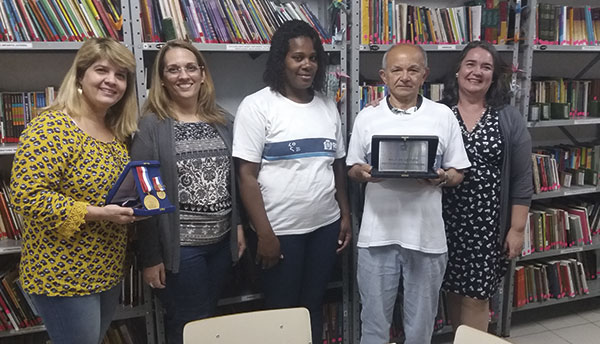
Mônica Fajoses, literacy teacher at Creja, says the city of Rio de Janeiro has provided incentives to education, and mentions the vast collection of books in the school. She highlights, however, that “in smaller municipalities things are different because there is less investment in public policies aimed at youth and adult education”.
Betina Fresneda, researcher from the IBGE's Population and Social Indicators Department, social inequality has an impact on the access to education and on the profile of the illiterate population. “The rich have had faster access access to education in comparison with the poor”, she states.
Text: Karina Meirelles, Marina Cardoso e Juney Freire (estagiários), sob supervisão de Adriana Saraiva
Photo: Juney Freire
Image: Valberto Cabral


